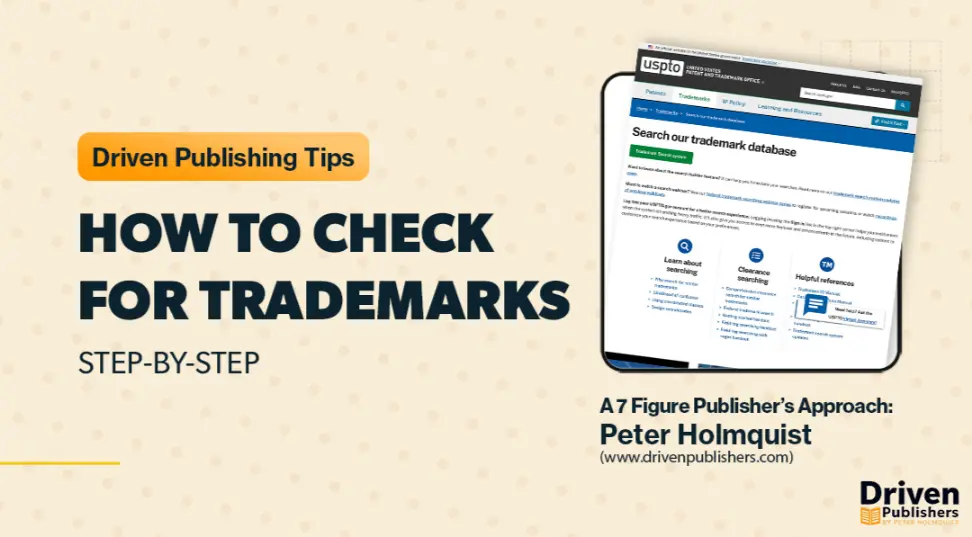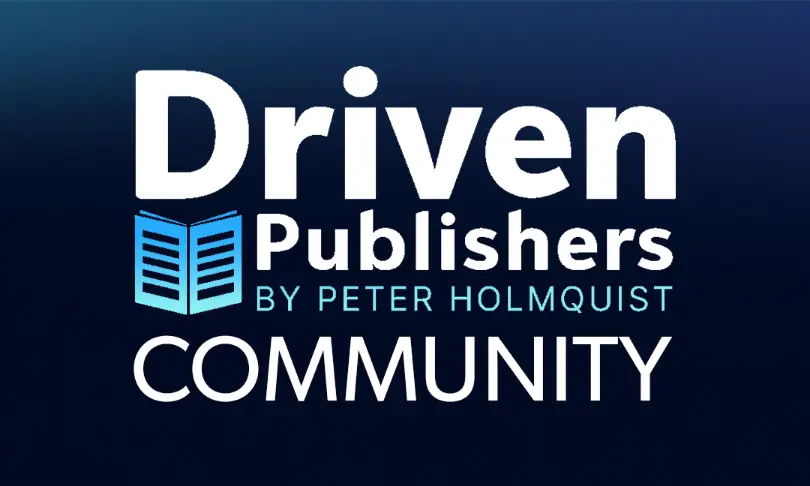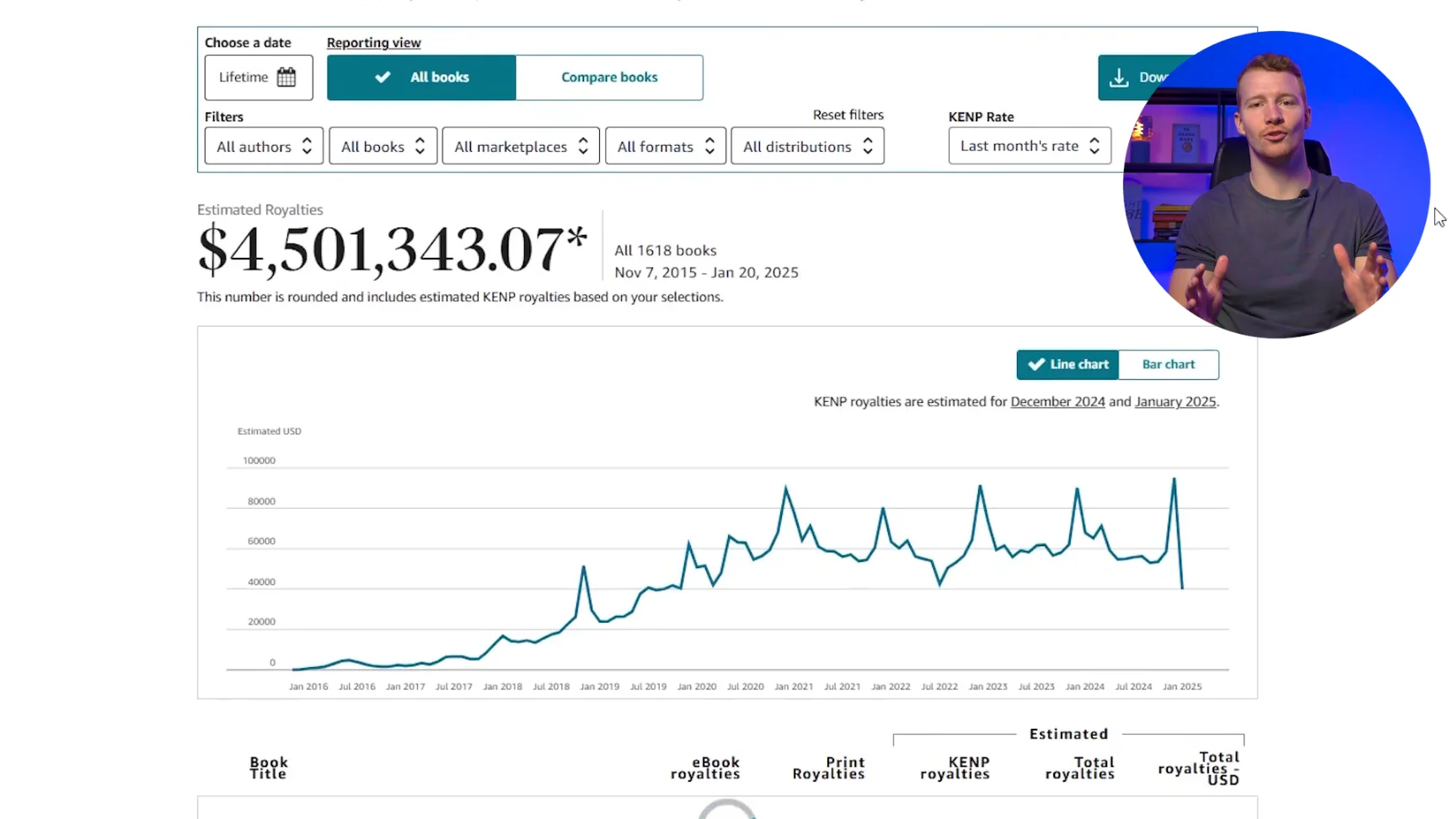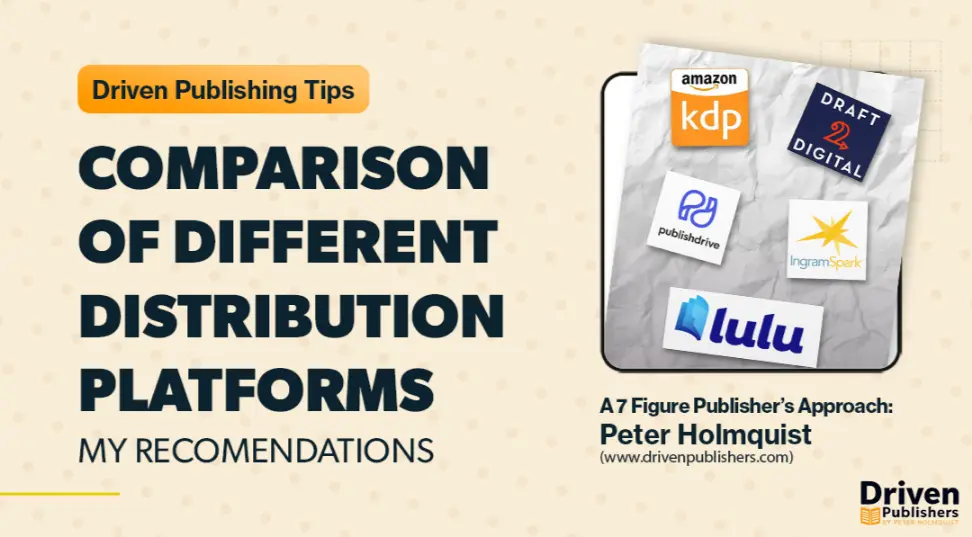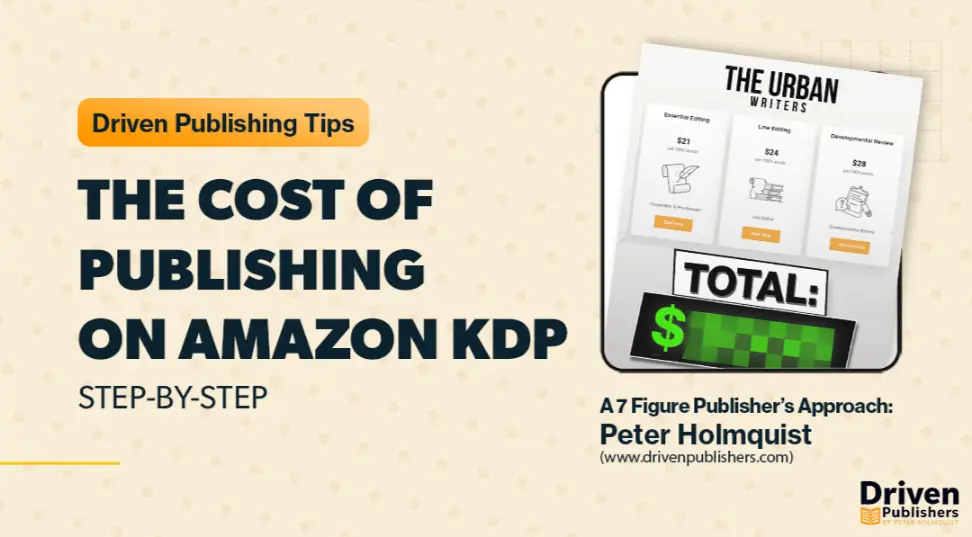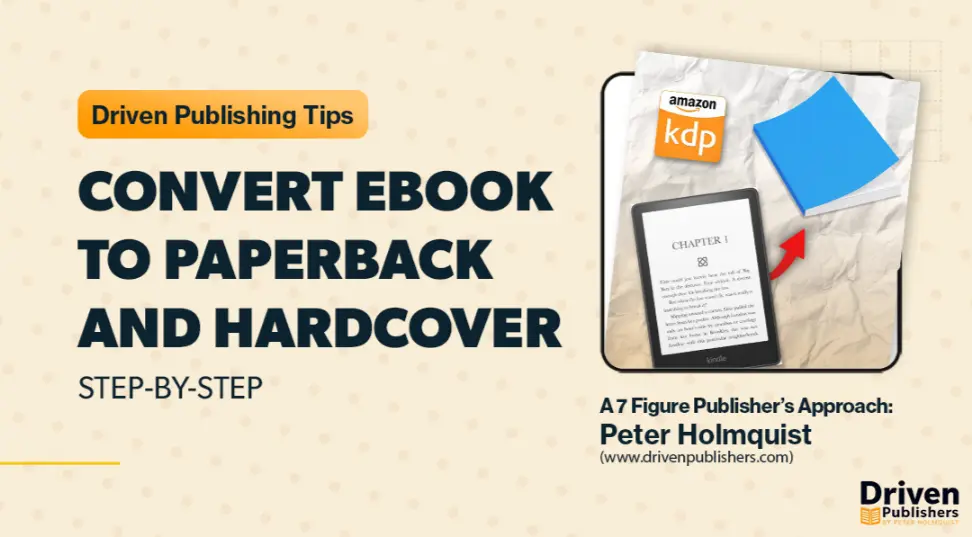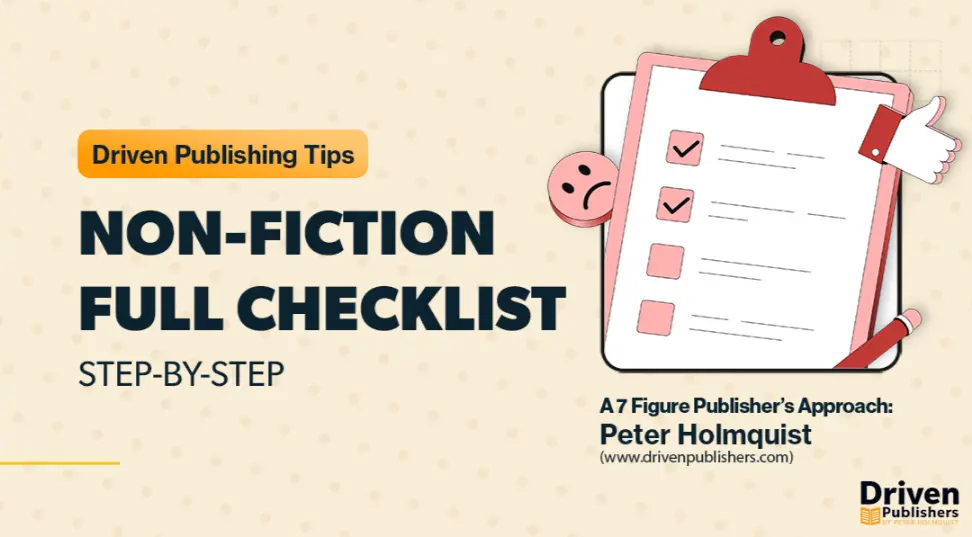Introduction
Publishing a book on Amazon KDP (Kindle Direct Publishing) can be an exhilarating experience. However, before you embark on the journey of creating an eye-catching title and subtitle, or even deciding on specific keywords, it is crucial to perform thorough trademark checks.
Neglecting this vital step could lead to severe consequences, such as having your book taken down or, in the worst-case scenario, your entire account shut down.
This article will provide a detailed guide on why trademark checks are essential and how to perform them effectively, ensuring your book launch is flawless.
Why Trademark Checks Matter in Book Publishing
Trademark laws exist to protect brand names, logos, and slogans from unauthorized use. For authors and publishers, understanding these laws is critical for several reasons:
- Legal Compliance: Using a trademarked term without permission violates trademark laws and can lead to legal action.
- Platform Policy: Online platforms like Amazon have strict policies against using trademarked terms without explicit permission, which can lead to book removals.
- Reputational Damage: Violating trademark laws can tarnish your reputation and credibility as an author.
Case Study Examples
-
- Books with titles containing “Weight Watchers” were taken down because “Weight Watchers” is a trademarked term.
- Many publishers include trademarked terms unknowingly, leading to significant losses both financially and reputationally.
Steps to Conduct Trademark Checks Before Publishing
Preliminary Research
Before diving into specific tools, start with initial keyword research to identify terms commonly used in your book’s genre or niche. This helps in understanding the landscape and recognizing potential trademarked terms early in the process.
Using the USPTO Website for Trademark Checks
Navigating the USPTO Website
The USPTO (United States Patent and Trademark Office) website is a reliable and free resource for checking trademarks. Here is a step-by-step guide:
- Access the USPTO Website: Visit USPTO.gov
- Search Function: Click on the “TESS” (Trademark Electronic Search System) link to start your search.
- Enter Keywords: Input your desired term in the search bar.

Interpreting Search Results
-
- Live vs. Abandoned Trademarks: Check if the trademark is live (active) or abandoned (inactive).
-
- Examples:
-
- “Keto Diet”: When searching “Keto Diet,” you may find terms like “Keto Diet Planner” and “Nick’s Keto Diet,” but not “Keto Diet” alone. This indicates “Keto Diet” itself is not trademarked. In conclusion, you are safe to use the term “Keto Diet”, as it does not violate any trademarks.
-
- “Weight Watchers”: A search reveals that “Weight Watchers” is a live trademark, explaining why books using this term have faced removal.
-
- Examples:

Alternative Tools for Trademark Checks
BookBeam.io (Affiliate Link)
Book Beam is a paid tool offering additional features that make trademark searches more manageable.
-
- Benefits:
-
- User-Friendly Interface: Easier navigation compared to the USPTO website.
-
- Additional Features: Enhanced visibility and extra details on trademarks.
-
- Benefits:
-
- Example Comparisons: Both sites offer live and abandoned status, but Book Beam provides a more straightforward user experience.

Cross-Referencing and Additional Research
Never rely solely on one resource. Use multiple sources to confirm your findings:
-
- Google Searches: Ask questions like “Is this term trademarked?” This can provide additional context and unofficial insights.
-
- Reputable Resources and Tools: Use platforms like Book Beam or consult intellectual property resources to cross-reference your findings.
Final Steps: What to Do If a Term is Trademarked
If you discover that your desired term is trademarked, consider these alternatives:
- Modify Your Title/Subtitle: Adjust your title or subtitle to avoid trademarked terms.
- Choose Different Keywords or Phrases: Find synonyms or related terms that are not trademarked.
- Legal Consultation: Seek advice from an intellectual property lawyer for complex situations.
Best Practices for Safe and Effective Trademark Use
To maintain compliance and ensure a smooth publishing process, adhere to these best practices:
- Create a Checklist:
-
- Search for trademarks on USPTO
-
- Cross-reference with additional sources
-
- Consult legal advice if necessary
- Regular Updates on Trademark Laws: Stay informed about changes in trademark laws and publishing guidelines.
- Involve Multiple Team Members: Have different team members review the process for accuracy and compliance.
| Action | Description | Resources |
|---|---|---|
| Initial Keyword Research | Identify common terms in your genre/niche | SEO tools, genre-specific forums |
| USPTO Search | Check trademarks on the USPTO website | USPTO.gov |
| Alternative Tool Usage | Use tools like Book Beam for additional checks | Book Beam |
| Cross-Referencing | Confirm findings with multiple sources | Google, Legal Advisors |
| Legal Consultation | Seek help for complex issues | Intellectual Property Lawyers |
Conclusion

Thorough trademark checks are not just a formality; they are a necessity for anyone looking to publish a book on Amazon KDP. By diligently researching and verifying terms, you protect yourself from legal repercussions and ensure that your book has a smooth release. Take the time to follow these guidelines meticulously, and you’ll pave the way for a successful and compliant book launch.
Call-to-Action
Have you faced trademark issues during your book publishing journey? Share your experiences and join the conversation! Check out our free Amazon KDP Community for more tips and updates on book publishing, or follow us on YouTube. Happy publishing!
By investing time in comprehensive research and taking proactive steps to ensure compliance with trademark laws, you’ll be well on your way to a perfect book launch on Amazon KDP.

